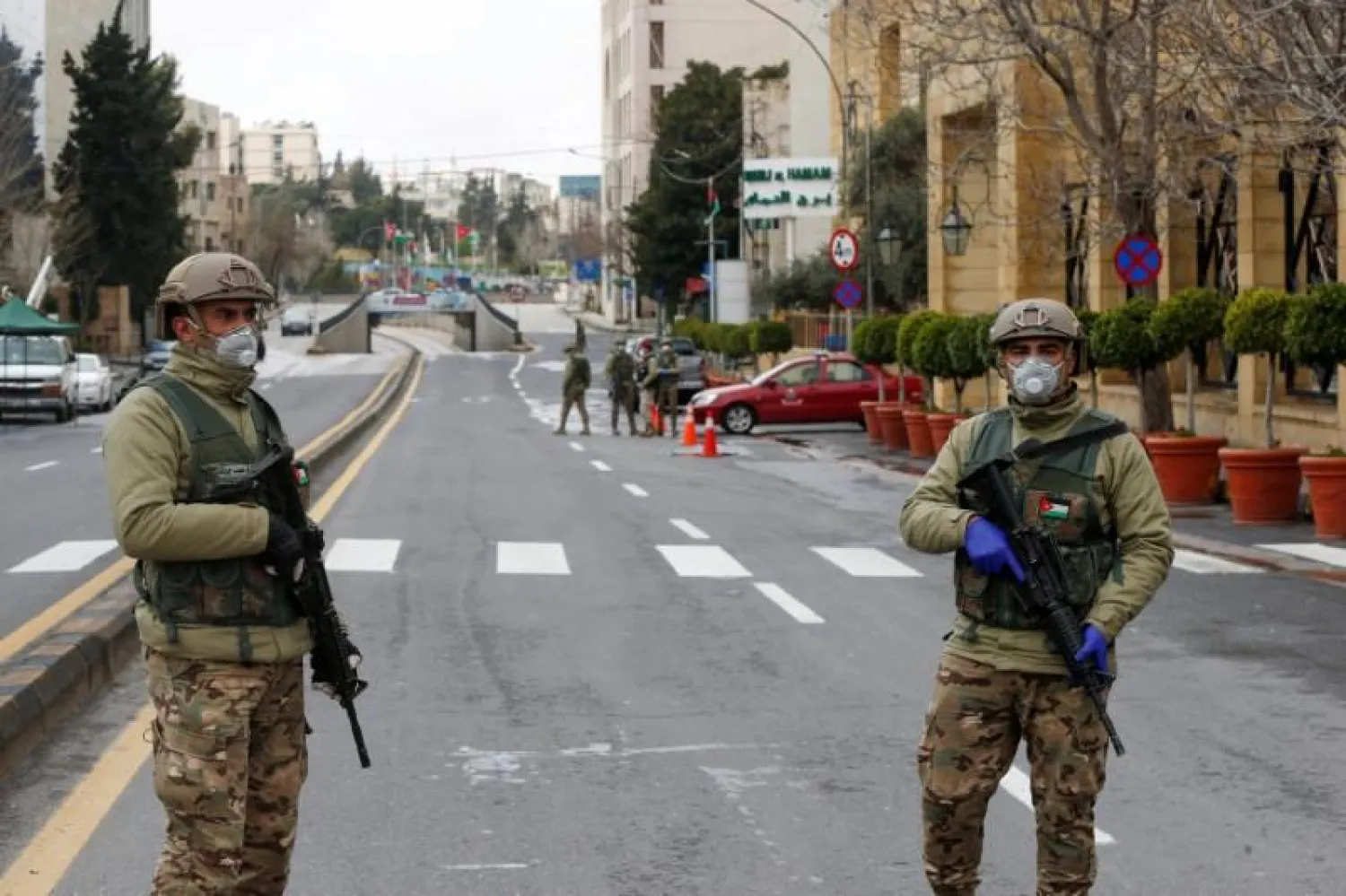Jordan said on Thursday it would reopen hotels and cafes, allow sporting events without spectators and shorten a night curfew as of Saturday, further easing its coronavirus lockdown.
But Prime Minister Omar al-Razzaz told reporters that while Jordan had now returned to near normality, it would now toughen enforcement of social distancing to ensure there was no risk of a resurgence of infections.
Jordan took early steps in mid-March to restrict the mobility of its 10 million people, sealing its borders, imposing a state of emergency and a night curfew.
The government in recent weeks relaxed some measures that had throttled the economy, reopening most businesses and factories to avert mass layoffs and bankruptcies.
There have been 757 confirmed cases of the COVID-19 disease and just 9 deaths during the outbreak.
Razzaz said the economy was still reeling from the impact, estimating a contraction of at least 3%.
The government, which had earlier announced it would reopen mosques on Friday, said the night curfew would be shortened from Saturday to begin at midnight rather than 7 p.m., and day-long curfews in place every Friday were being scrapped.
But cinemas, public parks, universities, schools and nurseries will remain closed and any activity involving close social mingling banned, officials said.









